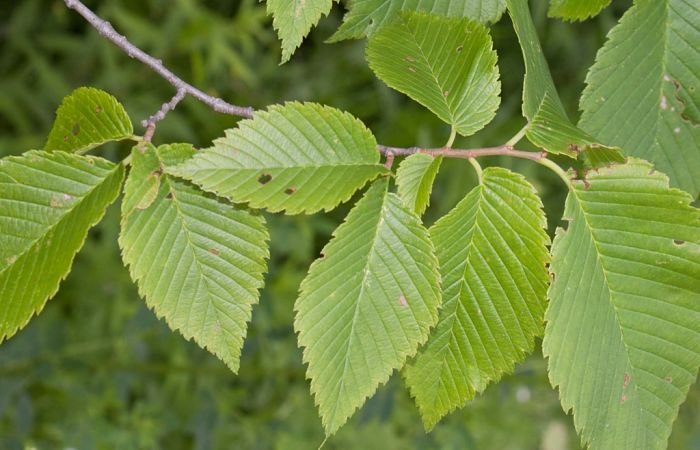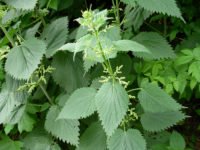A couple years ago I was injured in an accident. Very soon afterward I called my mother. Her advice: “Forgive the other driver or you will never heal.” It turns out my mother was right (So not shocked there.), and here is the info that backs her up.
The upshot: Forgive and Heal
Holding a grudge, refusing to let go of bad feelings, constantly thinking about and seeking revenge for real or perceived harms exacts a tremendous toll, physically, emotionally, and spiritually. On the other hand, when we release the baggage of negativity and forgive others, we’re set free from that toxicity. Feelings of hurt, helplessness and anger naturally dissipate – whether or not the person forgiven forgives in turn or even knows they’ve been forgiven. Research published in the journal Aging & Mental Health found that forgiveness has a protective factor in health and well-being. In particular, said the authors, self-forgiveness among older women was protective for depression, when the reported feeling unforgiven by others.











